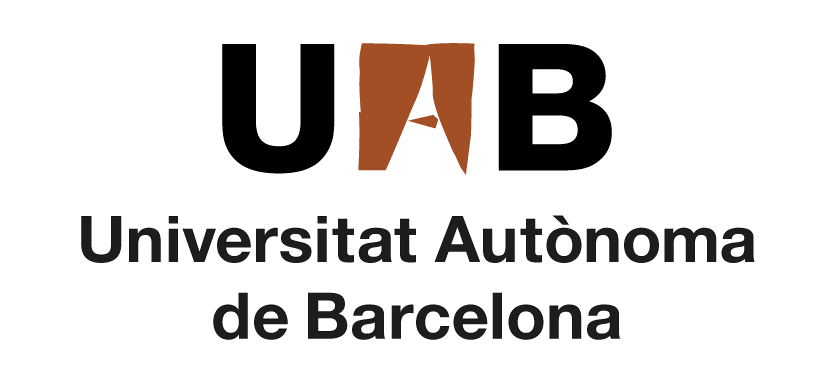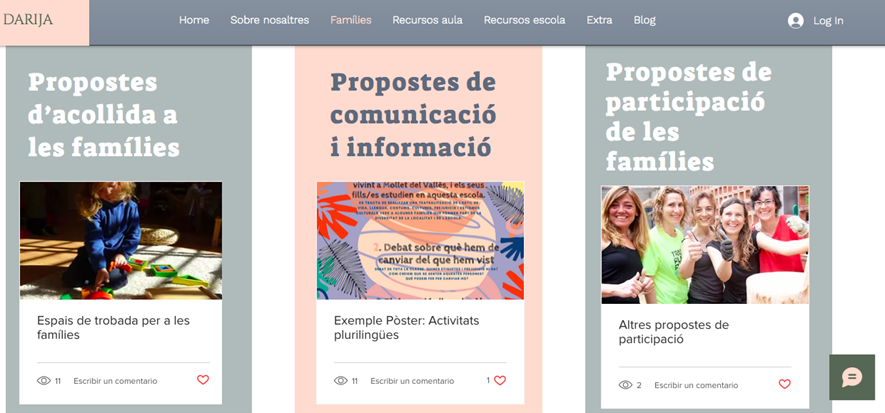A whole year of collecting Listiac data in the Degree in Primary Education was an insightful experience. Different reflections carried out during the data collection made the UAB team realise that there still is a need for improving the training on how to be a linguistically sensitive teacher.
Therefore, the UAB team decided to focus on those 4th year students in our ITE program that were specifically interested in plurilingualism and linguistic inclusion, and were taking the subject called Linguistic Reception at School.
In line with the fact that we have detected that these student teachers need more training in Linguistically Sensitive Teaching (LST) and linguistic and cultural inclusion (which is the focus of the subject), we proposed to them an assignment involving inquiry into a theme covered in the subject in depth, identification of challenges for the linguistic inclusion of all students and/or for teacher training, and the proposal an intervention/proposal for teacher training in linguistic inclusion.
We put these group of student teachers in the position of having to identify their training needs regarding LST and to prepare a training module according to their needs as future teachers. Based on the needs we had detected in the reflections, some topics for the proposal were selected, such as:
- teacher training in linguistic inclusion
- ideologies in the teaching of languages
- language and racism in Catalan schools
- the role of families in the process of language inclusion
- didactics of plurilingualism
- teaching creativity for inclusive language learning and teaching
- plurilingual students as language teachers and experts
- emotions and language learning.
- Justification of the training sequence: relationship of the chosen topic with the training needs of the teachers.
- Objective(s) of training of the training sequence.
- Sequencing the activities with the objectives of each activity.
- Necessary materials.
- Conclusion in which the results that the training sequence could have in teacher training.
All groups were asked to present their proposal during the last online class session, and we asked for a co-evaluation of the proposals among the different groups. Many different interesting proposals were presented, such as the one that you can check at this link.
Moreover, there are two main strong points of this proposal. First, student teachers were able to reflect upon their own needs and training desires and to discuss and create a relevant professional development proposal. In this sense, this project helped take one step forward in understanding the connection between what the refer to as ‘theory’ and ‘practice’ which, according to them, was still lacking in their training. Second, the fact that each of the groups focused on a specific topic of their choice allowed for very different training proposals and to create a shared collection of materials and resources to be used in their future practice. All the proposals included reflection, readings, materials and somehow a process of action-research which allowed for future changes and adaptations. The resulting proposals will be useful also for future teacher training in ITE.

Written by Júlia Llompart
Universitat Autònoma de Barcelona




